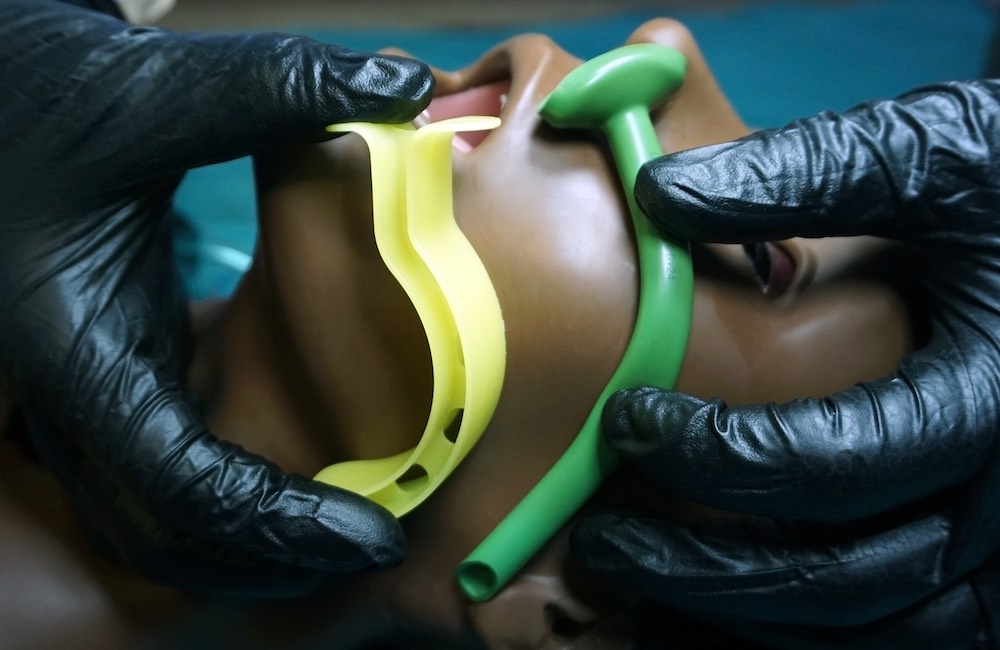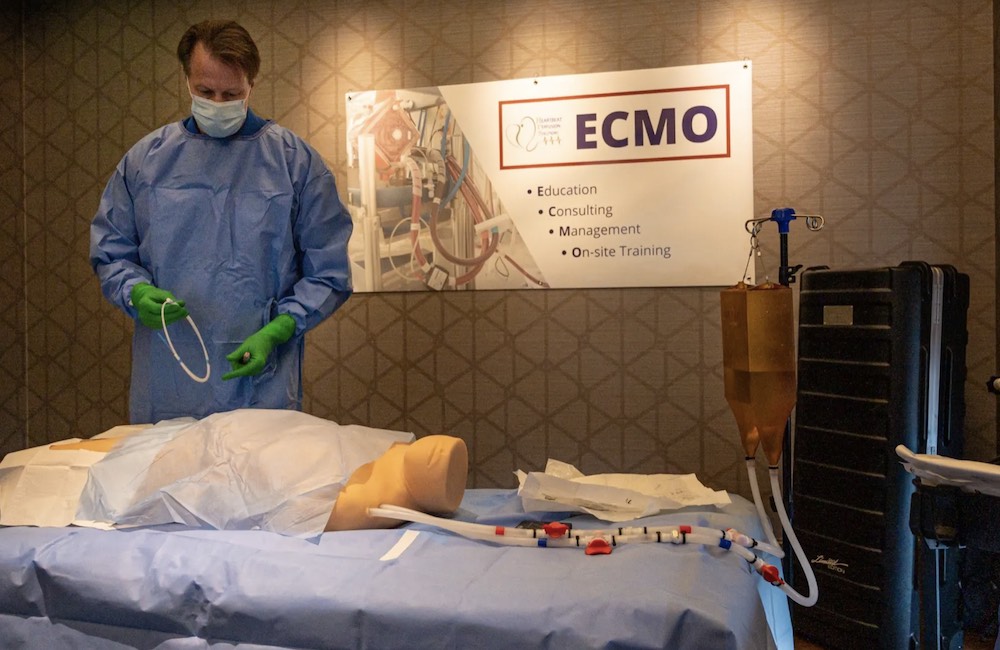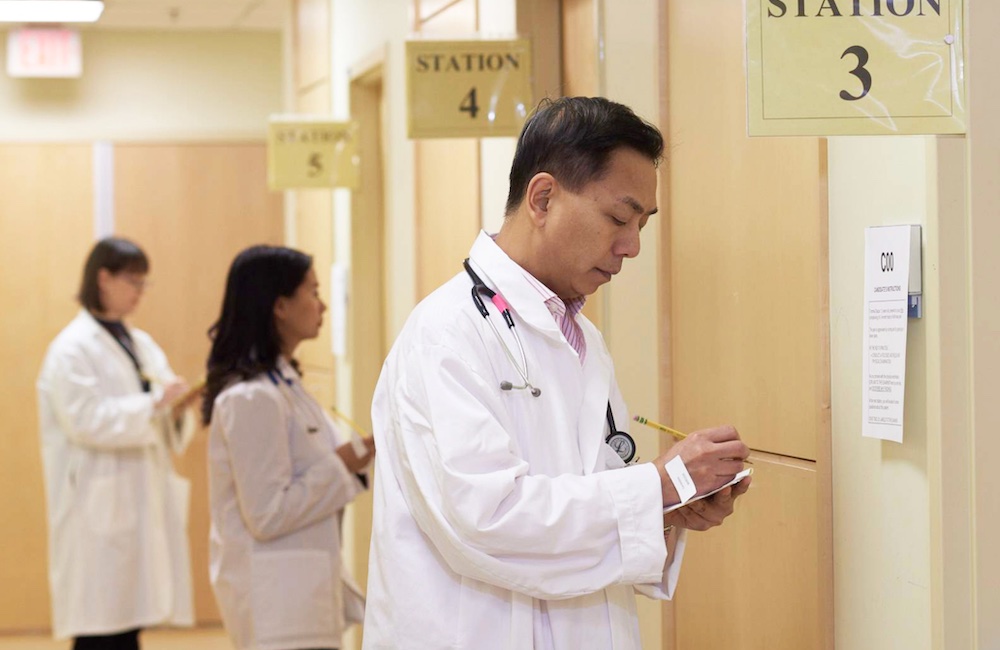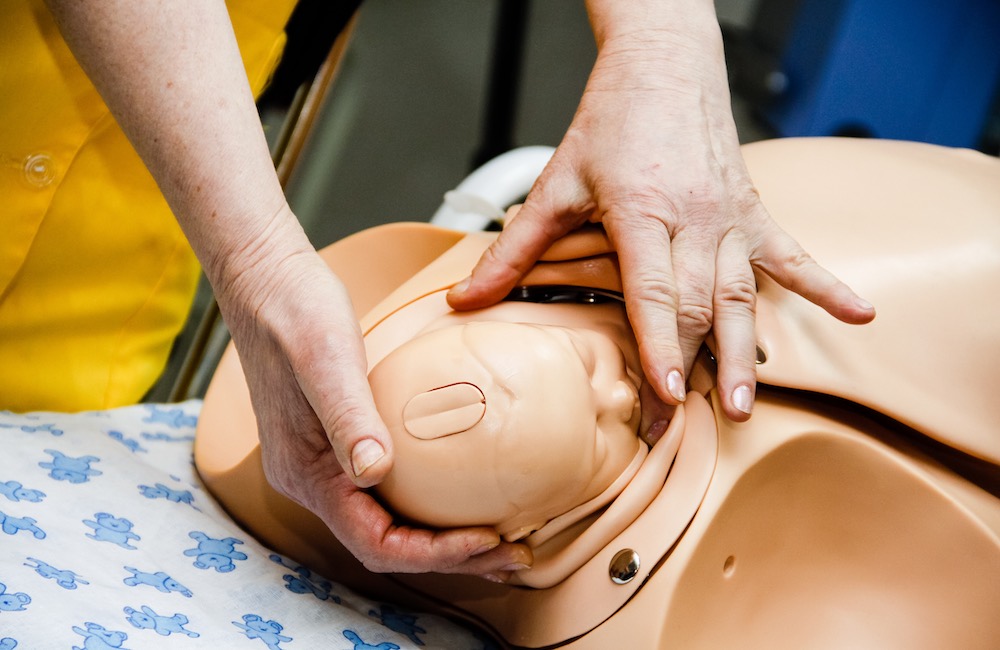This website uses cookies so that we can provide you with the best user experience possible. Cookie information is stored in your browser and performs functions such as recognising you when you return to our website and helping our team to understand which sections of the website you find most interesting and useful.
Needs Assessment
Needs assessment best practices for medical simulation, nursing simulation, surgical simulation and other clinical disciplines.
View all categories in the Healthcare Simulation Index

New Clinical Simulation Center Updates | January 2022
Healthcare simulation centers are constantly being unveiled and upgraded across the United States and globally. As technology progresses, these clinical…

Mini-CEX: Evaluación Integradora En Simulación Clínica
El Mini-CEX (Mini Clinical Evaluation Exercise) es una herramienta implementada desde la década de los años 90 en escenarios clínicos…

The SAFETY Project: Healthcare Simulation Approach to Medical Education
The push for more healthcare simulation learning experiences across medical education continues to expand as more organizations and institutions come…

Heartbeat Perfusion Solutions Uses Healthcare Simulation to Advance ECMO Training
Proper training across medical education helps to prevent medical errors and ensure that learners are prepared to perform life-saving measures,…

How to Market a Healthcare Simulation Program
There are many factors to consider when launching a healthcare simulation program, from acquiring the necessary resources and equipment to…

Assistant Dean of Medical Education Shares Benefits of PCS Spark in Clinical Setting
As healthcare simulation technology continues to improve, companies across the space continue to develop next-level products that enhance the clinical…

A Quick Guide to Birthing Simulators & OBGYN Simulation
Healthcare simulation as a whole is mainly about teaching the practice of medicine to achieve heightened patient safety. One of…

A Two-Step Process for Choosing a Birthing Simulator
Simulated or real, there are so many ways to have a baby. A pregnant woman preparing for childbirth has several…

Recognizing Diverse Needs Across Healthcare Simulation Helps Save Lives
Medical simulation provides an essential and irreplaceable training tool for patient care and crisis response. Simulators help all healthcare workers…

Incorporating Physical Therapy Into Interprofessional Education Clinical Simulation Experiences
Interprofessional Education (IPE) is a commonly used method for the inculcation of important interprofessional knowledge, skills, and attitudes regarding future…

Mobile Simulation Centers Help Train Learners on the Go
While healthcare simulation centers are often utilized to train learners on medical procedures and practices, some may not have access…

Healthcare Simulation Mentorship and Facilitator, Faculty Development
While healthcare simulation education and training can greatly benefit learners within the clinical simulation industry, those with great knowledge of…

